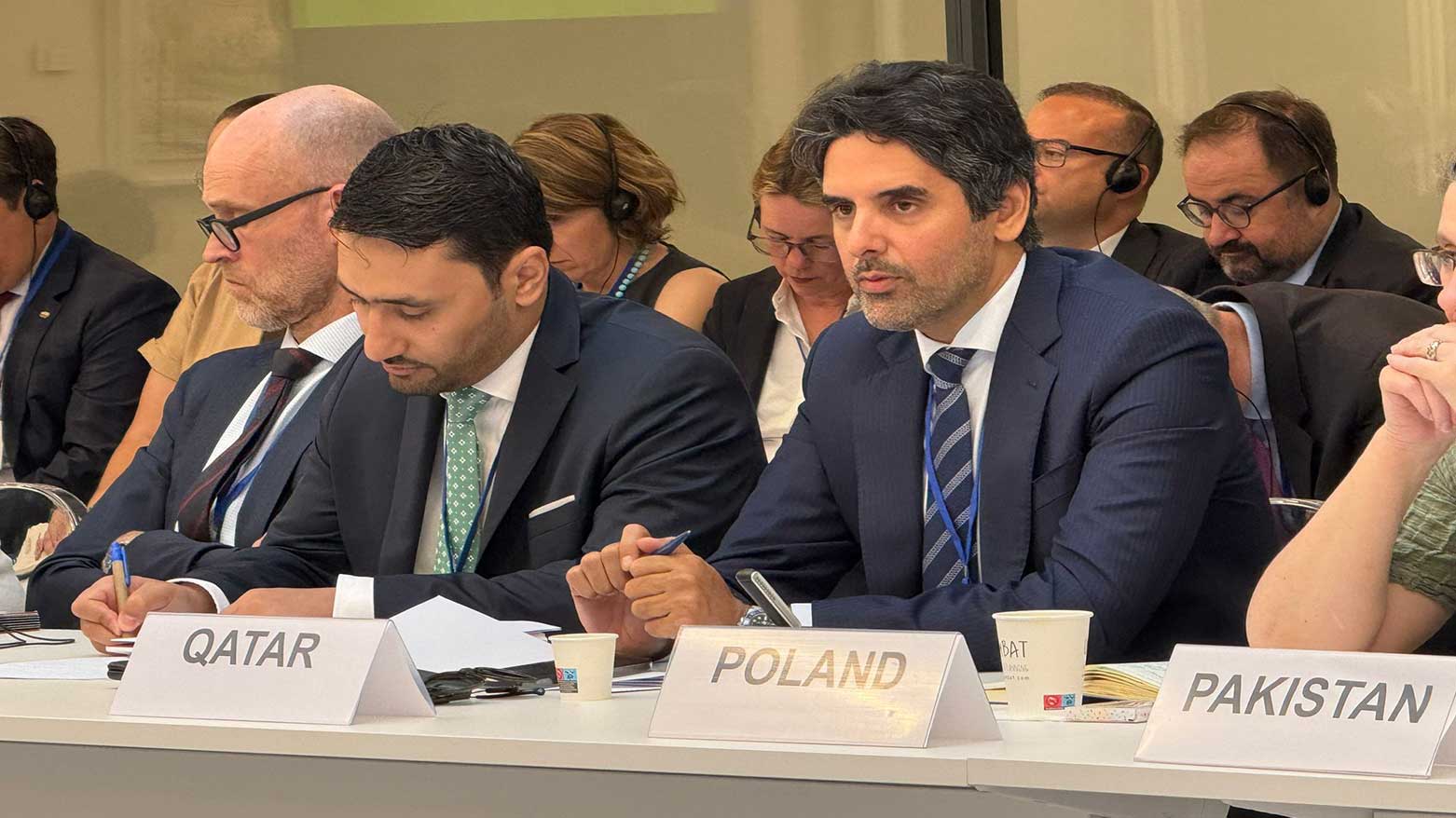U.S., Spain Reaffirm Global Commitment to Defeat ISIS at Coalition Meeting in Madrid
Coalition Highlights Urgent Need to Address Detained ISIS Fighters and Displaced Civilians in Northeast Syria, Calling for the Repatriation of Syrians, Iraqis, and Third-Country Nationals to Their Home Communities

ERBIL (Kurdistan24) — Senior diplomatic officials from around the world convened in Madrid, Spain, on Tuesday for a high-level meeting of the Small Group of the Global Coalition to Defeat ISIS, underscoring a unified international effort to eradicate the lingering threat of the terrorist group ISIS/Daesh.
Hosted by the Kingdom of Spain, the meeting was opened by Deputy Minister of Foreign and Global Affairs Diego Martínez Belío, who stressed the urgent need for sustained global coordination to combat ISIS. The event was co-chaired by Alberto Ucelay, Director General of Foreign and Security Policy for Spain, and Gregory D. LoGerfo, the United States Acting Coordinator for Counterterrorism.
The one-day meeting reaffirmed the Coalition’s commitment to enhancing collective strategies aimed at disrupting ISIS activities across multiple fronts, including foreign terrorist travel, operational planning, financial support networks, and recruitment.
A significant portion of the discussions centered on the ongoing security challenges in Syria, particularly concerning detained ISIS fighters and displaced civilians housed in camps in the country’s northeast. Coalition members emphasized the importance of strengthened border security, increased information sharing, and the repatriation of Syrians, Iraqis, and third-country nationals to their home communities.
The Coalition also marked the launch of its Terrorist Travel Working Group, following its inaugural session hosted by INTERPOL on May 27–28. The new body aims to synchronize foreign counterterrorism policies with international law enforcement initiatives. The inclusion of the United Kingdom and Türkiye-led ISIS-Khorasan Province Diplomatic Grouping into the broader Coalition framework was also welcomed.
In a notable development, Uzbekistan was officially recognized as the Coalition’s newest member, praised for its proactive role in addressing the ISIS-Khorasan threat before it reaches the borders of Europe, the United States, and beyond.
African members, including Nigeria, called for intensified regional cooperation to counter ISIS affiliates in sub-Saharan Africa. Discussions focused on disrupting financial support structures and monitoring terrorist travel between regions.
Recognizing the evolving tactics of ISIS/Daesh, the Coalition examined the group’s use of the internet for recruitment and propaganda. Members explored new technologies to counter online radicalization, particularly among diaspora communities.
The meeting concluded with a collective endorsement of structural reforms within the Coalition. These reforms aim to optimize the Coalition’s capabilities through specialized working groups focused on travel, finance, recruitment, and region-specific challenges in Syria, Iraq, Central Asia, and Africa.
The revised framework is expected to strengthen the Coalition’s ability to confront and ultimately achieve the enduring defeat of ISIS.